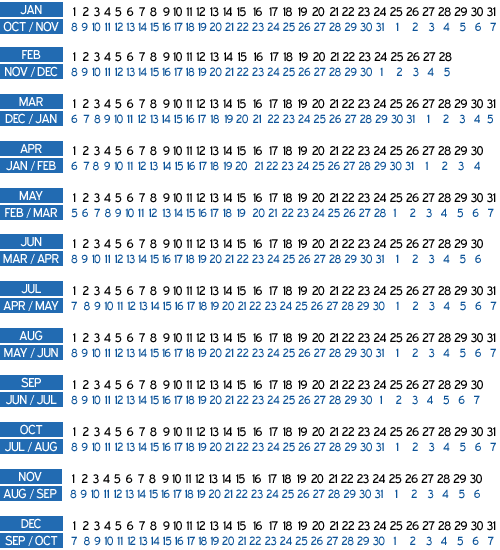
Pregnancy Due Date Calculator for Women: A Comprehensive Guide
Introduction
Calculating your pregnancy due date is a crucial step in prenatal care. It helps you plan for the arrival of your baby, make informed decisions about your health, and ensure that you receive appropriate medical care throughout your pregnancy. This comprehensive guide will provide you with an in-depth understanding of pregnancy due date calculators and how to use them effectively.
Understanding Pregnancy Due Dates
A pregnancy due date is an estimated date when your baby is expected to be born. It is typically calculated based on the first day of your last menstrual period (LMP) and the average length of a pregnancy, which is 280 days or 40 weeks. However, it is important to note that only about 5% of babies are born on their exact due date.
Types of Pregnancy Due Date Calculators
There are two main types of pregnancy due date calculators:
- Wheel calculators: These calculators use a rotating wheel to determine your due date based on your LMP.
- Online calculators: These calculators are available on websites and mobile apps. They typically require you to enter your LMP and other relevant information, such as your cycle length.
How to Use a Pregnancy Due Date Calculator
Using a pregnancy due date calculator is relatively straightforward. Here are the steps involved:
- Identify your LMP: This is the first day of your last menstrual period. If you have irregular periods, you may need to estimate your LMP based on your average cycle length.
- Enter your LMP: Enter the first day of your LMP into the calculator.
- Select your cycle length: If you know your average cycle length, select it from the options provided. If you are unsure, leave this field blank.
- Calculate your due date: The calculator will automatically calculate your estimated due date.
Factors that Can Affect Your Due Date
Several factors can affect your pregnancy due date, including:
- Ovulation date: The day you ovulate can vary from cycle to cycle.
- Implantation date: The day the fertilized egg implants in your uterus can also vary.
- Gestational age: The actual length of your pregnancy can be slightly different from the average of 280 days.
- Multiple pregnancies: Women carrying twins or more may have a shorter gestation period.
- Medical conditions: Certain medical conditions, such as diabetes or thyroid disorders, can affect your due date.
Accuracy of Pregnancy Due Date Calculators
Pregnancy due date calculators are generally accurate, but they are not always precise. The estimated due date may vary by a few days or even weeks. This is because the exact date of ovulation and implantation is not always known.
Benefits of Using a Pregnancy Due Date Calculator
Using a pregnancy due date calculator offers several benefits, including:
- Planning for your baby’s arrival: Knowing your estimated due date allows you to plan for your baby’s arrival, such as arranging childcare, preparing your home, and scheduling appointments.
- Monitoring your pregnancy: Your due date can help you track your pregnancy progress and ensure that you are receiving appropriate prenatal care.
- Making informed decisions: Knowing your due date can help you make informed decisions about your health and your baby’s health. For example, you can schedule prenatal screenings and tests based on your due date.
- Reducing anxiety: Knowing your estimated due date can help reduce anxiety and uncertainty during your pregnancy.
Limitations of Pregnancy Due Date Calculators
While pregnancy due date calculators are useful tools, they have some limitations:
- Not precise: Due dates are estimates and may not be exact.
- Not suitable for all women: Calculators may not be accurate for women with irregular periods or those who have undergone fertility treatments.
- Can cause anxiety: Some women may experience anxiety if their due date changes or if their baby is born significantly before or after the estimated date.
When to Consult a Healthcare Provider
If you have any concerns about your pregnancy due date, it is important to consult with your healthcare provider. They can provide you with personalized guidance and help you determine the most accurate due date based on your individual circumstances.
Conclusion
Pregnancy due date calculators are valuable tools for women who want to estimate their baby’s arrival and plan for their pregnancy. By understanding how these calculators work and the factors that can affect your due date, you can use them effectively to make informed decisions about your health and your baby’s well-being. Remember to consult with your healthcare provider if you have any questions or concerns about your due date.